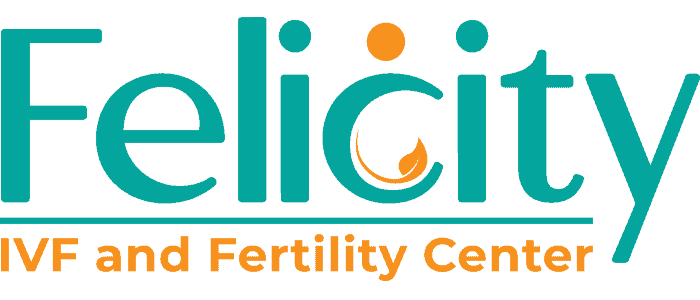 Definition:
Definition:
Hysteroscopy is utilized to analyse or treat issues of the uterus. A hysteroscope is a sleek, lit telescope-like gadget. It is embedded through your vagina into your uterus. The hysteroscope sends the picture of your uterus onto a screen. Different instruments are utilized alongside the hysteroscope for treatment.
